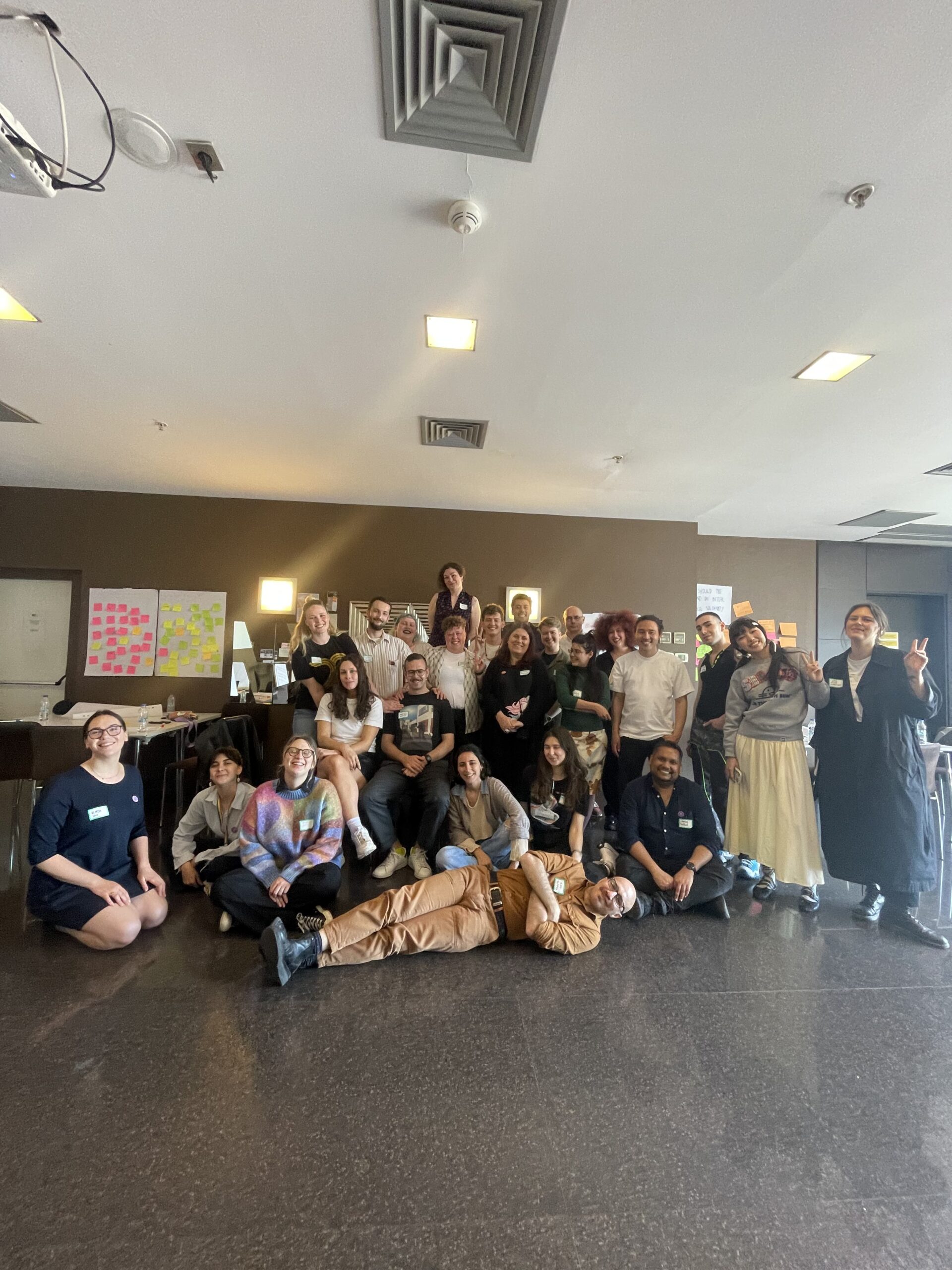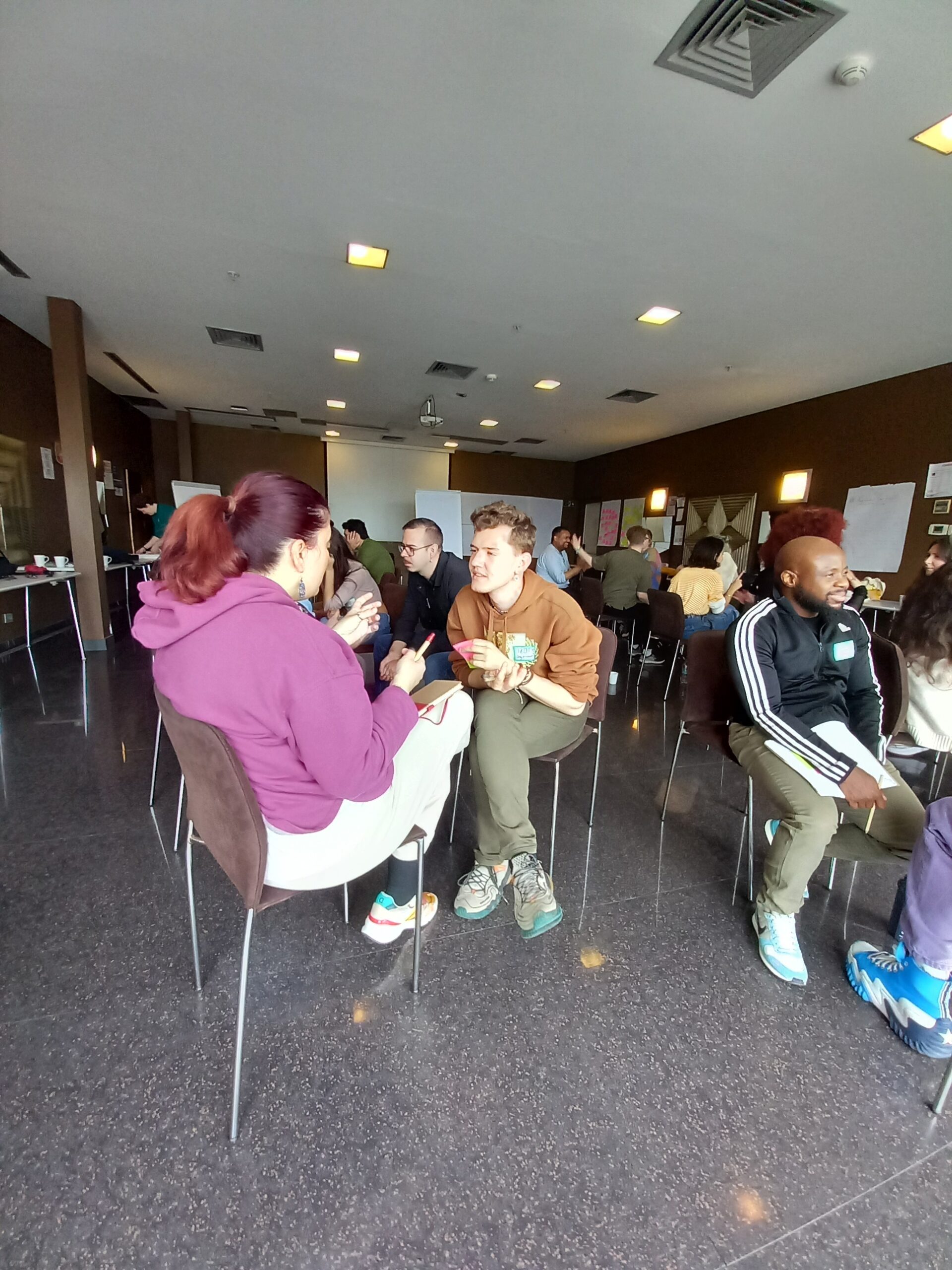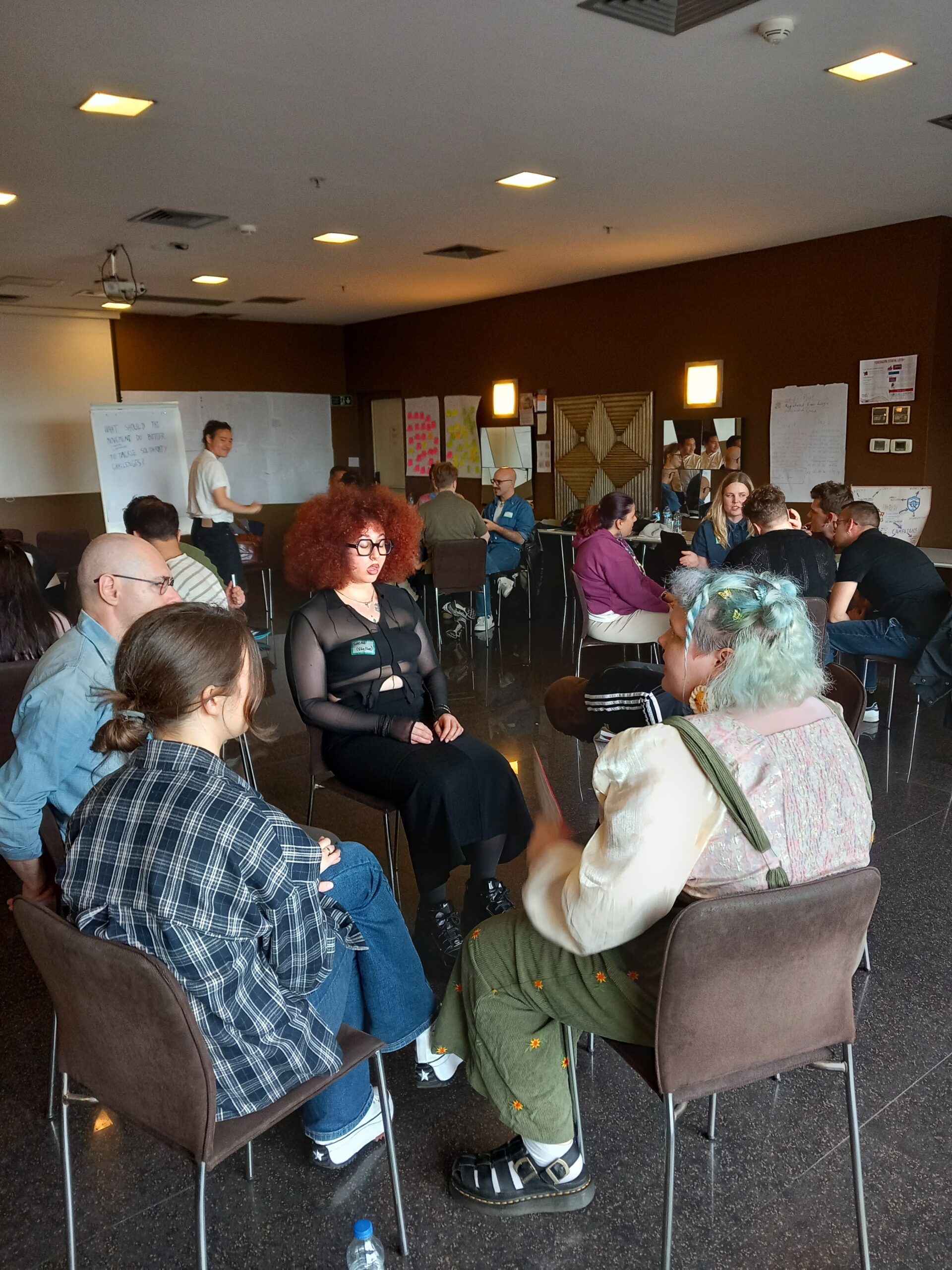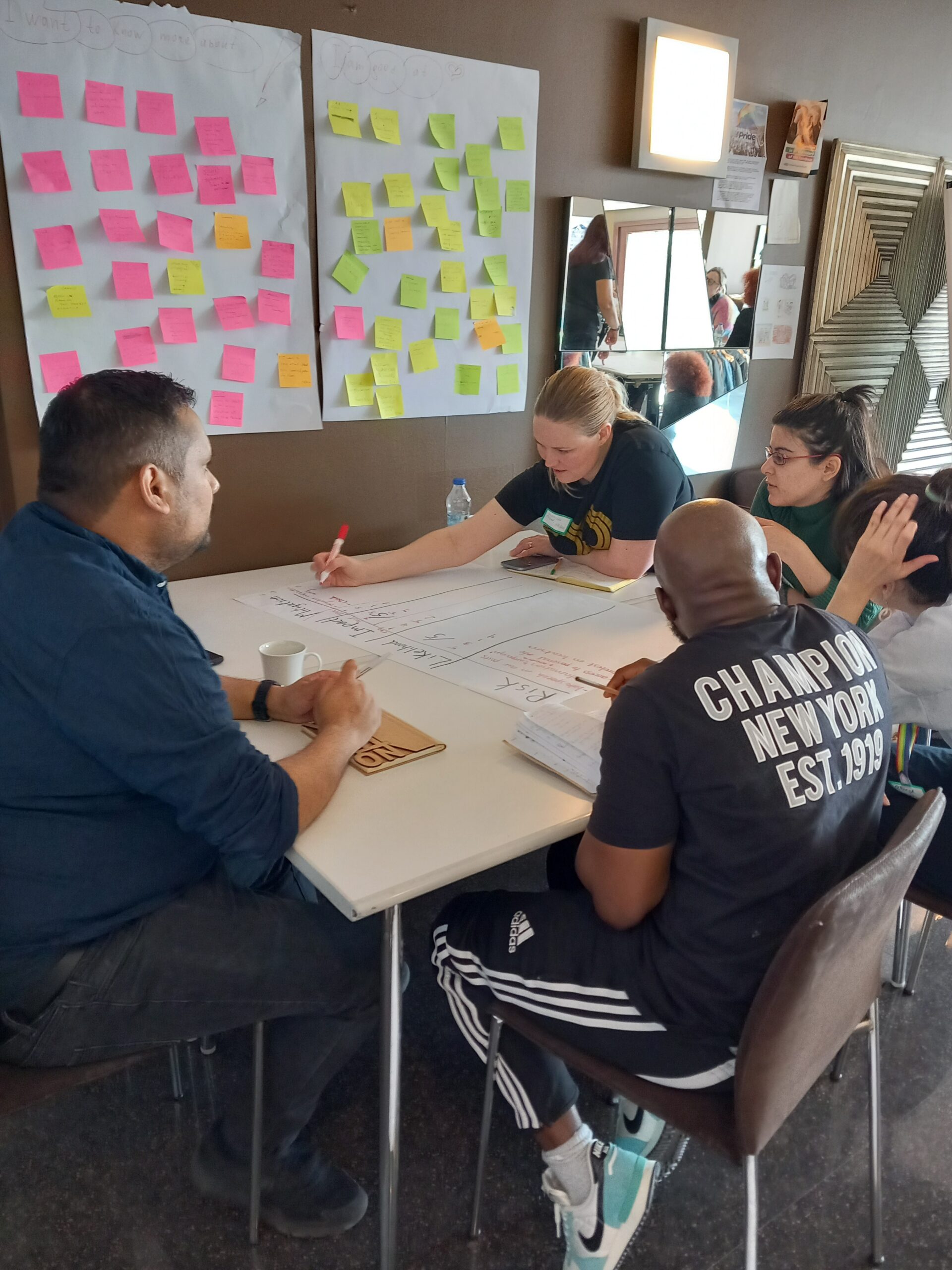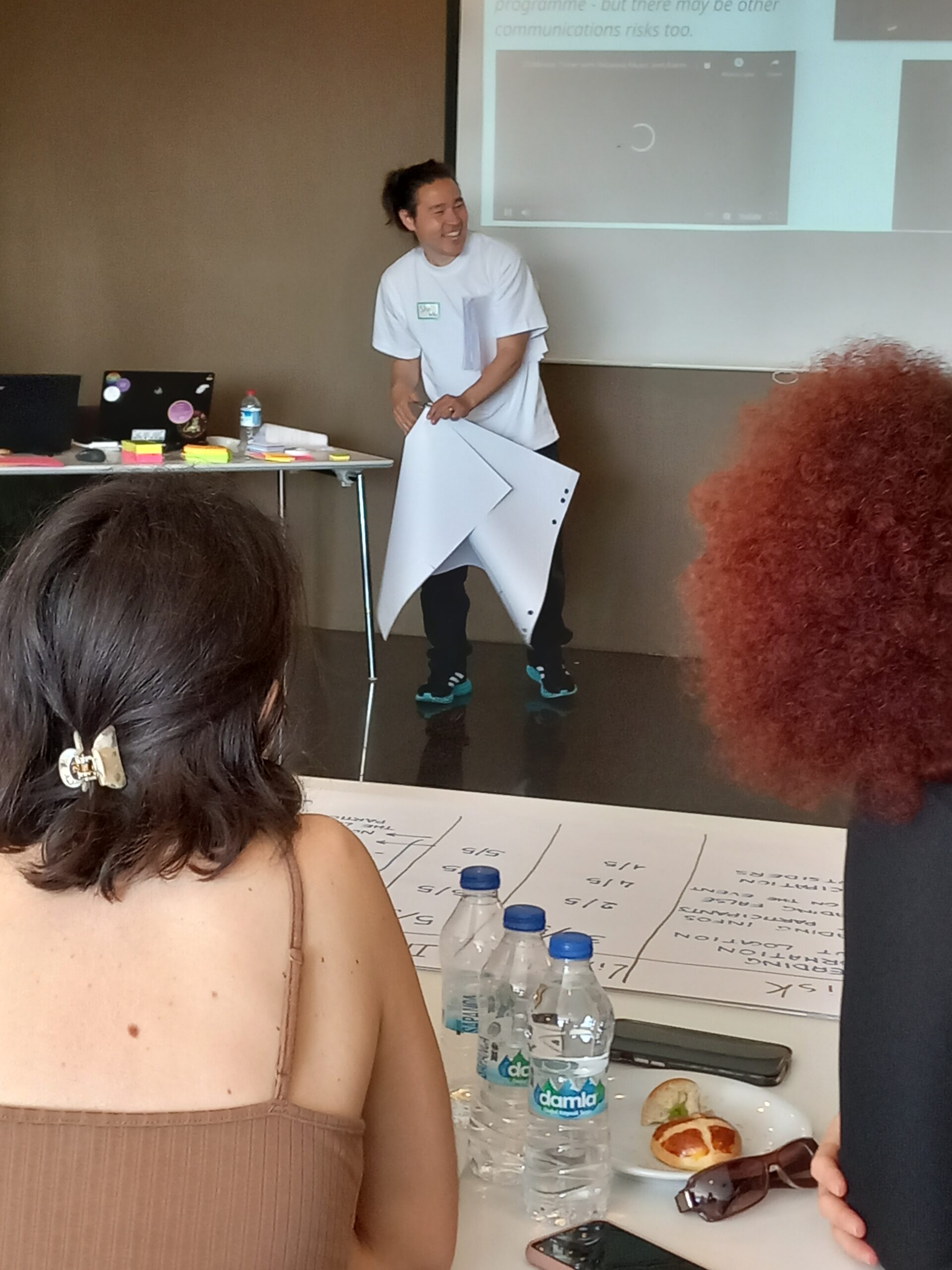Creative ways allies supported us in Pride 2024

As Pride season 2024 comes to a close, we highlight some of the most innovative and impactful initiatives by our allies that have stepped up to support the LGBTI community
Brevo: Celebrating diversity across borders
Brevo, a CRM company, has made a significant impact with its Rainbow Alliance, an internal group formed to foster inclusivity and celebrate diversity. Throughout June, Brevo raised awareness about LGBTI topics across its global offices, culminating in a memorable event featuring Minima Gesté, the iconic French drag queen and Olympic torchbearer.
Minima Gesté hosted a lively drag bingo at the Paris office, showcasing the fun and empowering side of LGBTI culture. This event not only entertained but also educated team members about the struggles faced by LGBTI people. Brevo complemented this with Pride quizzes and decorated its offices in vibrant rainbow colours, reinforcing their message of acceptance and celebration. Furthermore, the company donated to ILGA-Europe, showing its commitment to social justice.
CMS: Ice cream for equality
The law firm CMS also got into the spirit of Pride with an innovative after-work ice creams event. Employees enjoyed delicious treats while contributing to a worthy cause—raising funds for ILGA-Europe. The firm’s commitment to diversity and inclusion was evident as they celebrated the richness of their workforce, welcoming everyone regardless of gender, age, disability, or sexual orientation. Special thanks were given to the team members who organised this delightful initiative, demonstrating how simple acts can have a profound impact.
Qonto: Amplifying impact through donation matching
Qonto, a fintech company, took a strategic approach by matching donations made by its employees. This initiative aimed to amplify the impact of their contributions to the LGBTI community. Qonto’s leadership highlighted the importance of supporting organisations like ILGA-Europe, which operates at a pan-European level. By fostering a culture of inclusivity year-round, Qonto is setting a standard for corporate responsibility in the LGBTI advocacy space.
Eurail: Lunch & learn for awareness
Eurail hosted a “Lunch & Learn” session in Utrecht, providing an opportunity for their team to educate themselves about the current LGBTI rights situation in Europe through the Rainbow Map. The company made a generous donation to ILGA-Europe, aligning with its values of connection and inclusivity. This initiative not only informed employees but also fostered a sense of community and collaboration for a greater cause.
VIA Outlets: Art for awareness
VIA Outlets celebrated Pride Month with its ‘BE PROUD. BE YOU.’ exhibitions, showcasing the work of local artists connected to the LGBTI community. These unique exhibitions, displayed across 11 outlet centres, promoted the stories and experiences of queer individuals. Guests could engage with art and learn about the history of Pride while contributing to ILGA-Europe through donations. The commitment of VIA Outlets to create inclusive spaces for everyone was powerfully articulated by its CEO, Otto Ambagtsheer.
Get Involved!
These initiatives illustrate just a fraction of the many ways organisations, staff teams, and community groups can support ILGA-Europe and the broader LGBTI movement. Every contribution, no matter how small, helps advance equality and acceptance for all.
If you’re inspired by these stories and want to make a difference, we encourage you to explore how you can get involved with ILGA-Europe whether with an initiative with your work team, a community event or a charity livestream. Together, we can create a more inclusive world for the LGBTI community.
Keep Calm and Communicate: LGBTI Activists Share Crisis Communication Tips
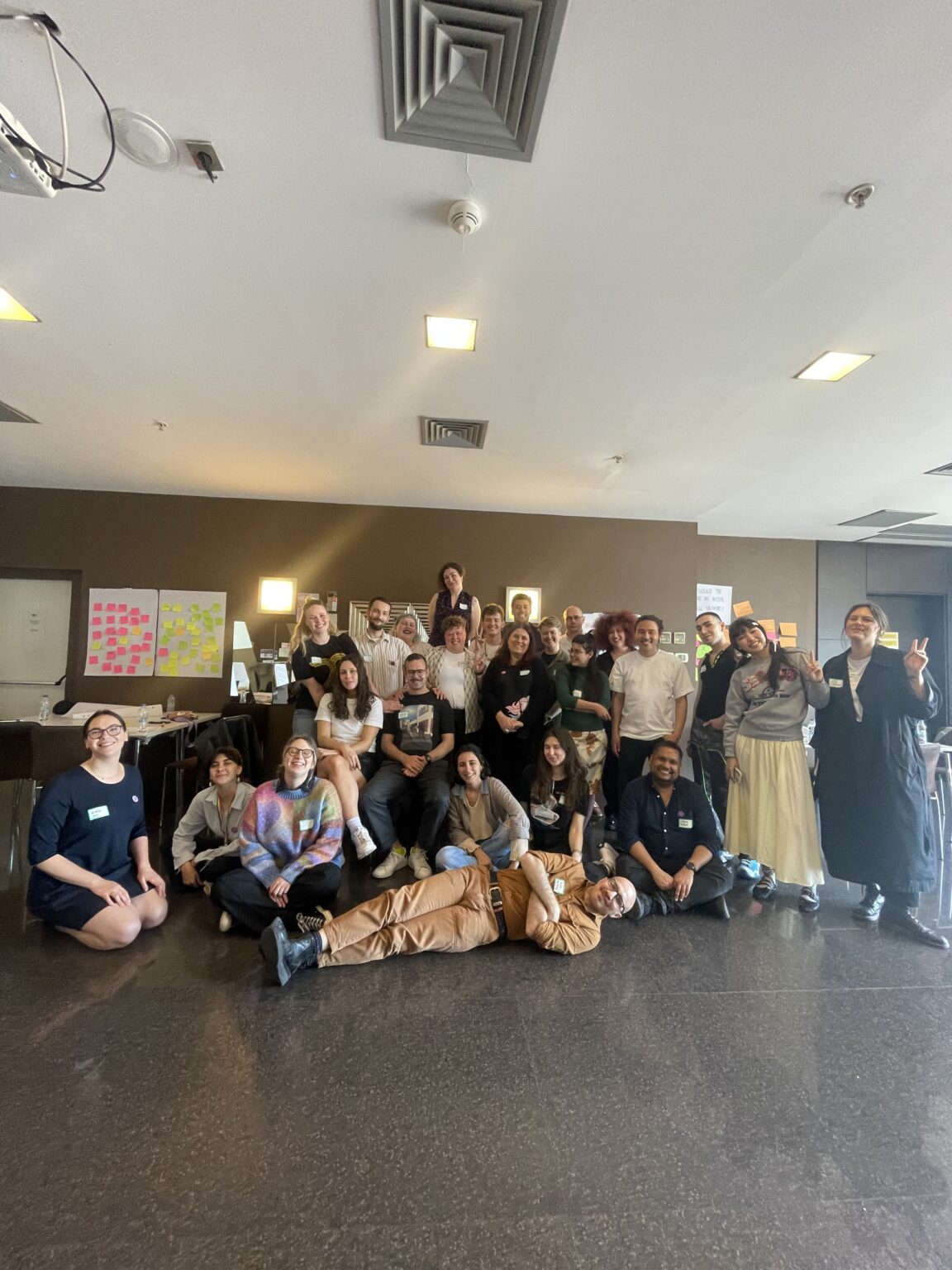
Last month we brought together 25 activists from over 15 countries to discuss and learn all about communicating in times of crisis. With Pride season upon us, and the challenges Pride events can bring for queer activists and organisers, this blog presents the key takeaways.
Pride season is here, and the LGBTI community is busy getting ready to both celebrate and assert visibility across Europe. But we are living through a time in many countries when LGBTI people are being scapegoated, which brings challenges amid the celebrations for many Pride organisers.
In May, ILGA-Europe hosted a two-day learning event on crisis communication for LGBTI organisations from across Europe and Central Asia, which we entitled ‘Get Ready!’. This gathering was an opportunity for 25 activists from over 15 countries to come together and address the complex challenges they face when communicating to their communities, the media and other stakeholders at times of crisis.
The group of passionate activists from diverse backgrounds demonstrated the power of collaboration during our time together. This created a profound sense of solidarity and mutual understanding and the room was alive with the exchange of expertise, self-care tips, and strategic ideas, leading to new collaborations and strengthened networks.
During our discussions we learned that the diversity of challenges faced by LGBTI organisations in crisis communication is vast and complex, but the participants highlighted five key issues that are similar across different countries and contexts. They are:
Balancing conflicting interests
Organisations often operate in regions with significant political and social tensions. This requires carefully navigating their messaging to address both local and international audiences without alienating either.
Fragmentation and internal conflicts
Many movements suffer from internal fragmentation, making unified communication difficult. Differing priorities and approaches within the community can lead to inconsistent messaging and weakened responses during crises.
Targeted campaigns and opposition
Advocacy campaigns frequently attract opposition from various groups, including TERFs (trans-exclusionary radical feminists) and anti-gender movements. These groups often launch coordinated attacks, which leads to the necessity of having both proactive and reactive strategies to mitigate their impact and protect the community.
Social media and digital threats
The digital landscape presents unique challenges, from social media posts being reported and accounts being suspended to full-blown smear campaigns. Organisations must be adept at digital crisis management, swiftly countering misinformation and protecting their online presence.
Polarisation and backlash
In many regions, the rising tide of anti-gender rhetoric and the instrumentalisation of LGBTI issues by political actors create a highly polarised environment. Navigating this landscape requires not only strong messaging but also the ability to build and maintain alliances in a hostile atmosphere.
These challenges illustrate the layered nature of crisis communication within the LGBTI activism and advocacy space. Organisations are called upon develop tailored strategies to address unique circumstances in their own contexts, while drawing on shared experiences and collective wisdom. It’s also important to acknowledge that security risks, particularly around public events like Pride marches, heavily burden activists. Although these are not primarily crises, they significantly impact the overall environment in which LGBTI organisations operate.
Key Tips and Tricks for Effective Crisis Communication
During the training, activists shared a wealth of strategies for tackling these challenges, which we captured on video. We asked participants to remember the moments of stress, panic and hard times they experienced, and then to envision talking to a young activist facing a communication crisis for the first time. The result is a collection of universal and empowering tips by activists for activists to help keep your head up during a crisis.
1. Define your audience
Tailor your message to ensure it resonates with your specific target audience, such as sympathetic media outlets, supportive community groups, and potential allies within the general public.
2. Know your community
While it’s important to communicate with the broader public, never forget that your primary responsibility is to support and uplift the LGBTI community. Your people need to know you have their back.
3. Rely on your support network
The strength of the LGBTI movement lies in its solidarity. Your chosen family, friends, mentors, and colleagues are invaluable resources in times of crisis. They can mentor you, talk things through, offer help and comfort, and step in if you need to step back. Sharing the burden of these responsibilities can lighten the load significantly.
4. Stand in solidarity with other LGBTI organisations
In a crisis, consider others who are also impacted and their potential responses and strategies. Collaborating with other LGBTI organisations, showing solidarity, mutual support, and a unified response will strengthen our collective resilience.
5. Maintain a healthy distance
LGBTI activism often intertwines with personal identity, making it essential to keep a clear boundary between doing the work and living your life to avoid burnout. Remember that you are more than your work and activism, and it’s okay to step back when necessary.
6. Take It step-by-step
Crisis situations can be overwhelming, but it’s crucial to stay focused on your message. Clear, calm communication is key to navigating through the storm.
7. Practice in private, be prepared in public
Doing a roleplay of a likely communications crisis situation can help you practice and take some stress out of a real situation. The Get Ready! participants took part in an exercise which tested their preparation, monitoring, diagnosis, and response to a hypothetical crisis. ILGA-Europe is developing this exercise to provide a resource to more LGBTI groups who want to prepare for communications crises. Join our Facebook group Communications support group for LGBTI activists to be up to date with any upcoming opportunities.
Join webinar on LGBTIQ youth homelessness and the role of LGBTIQ organisations
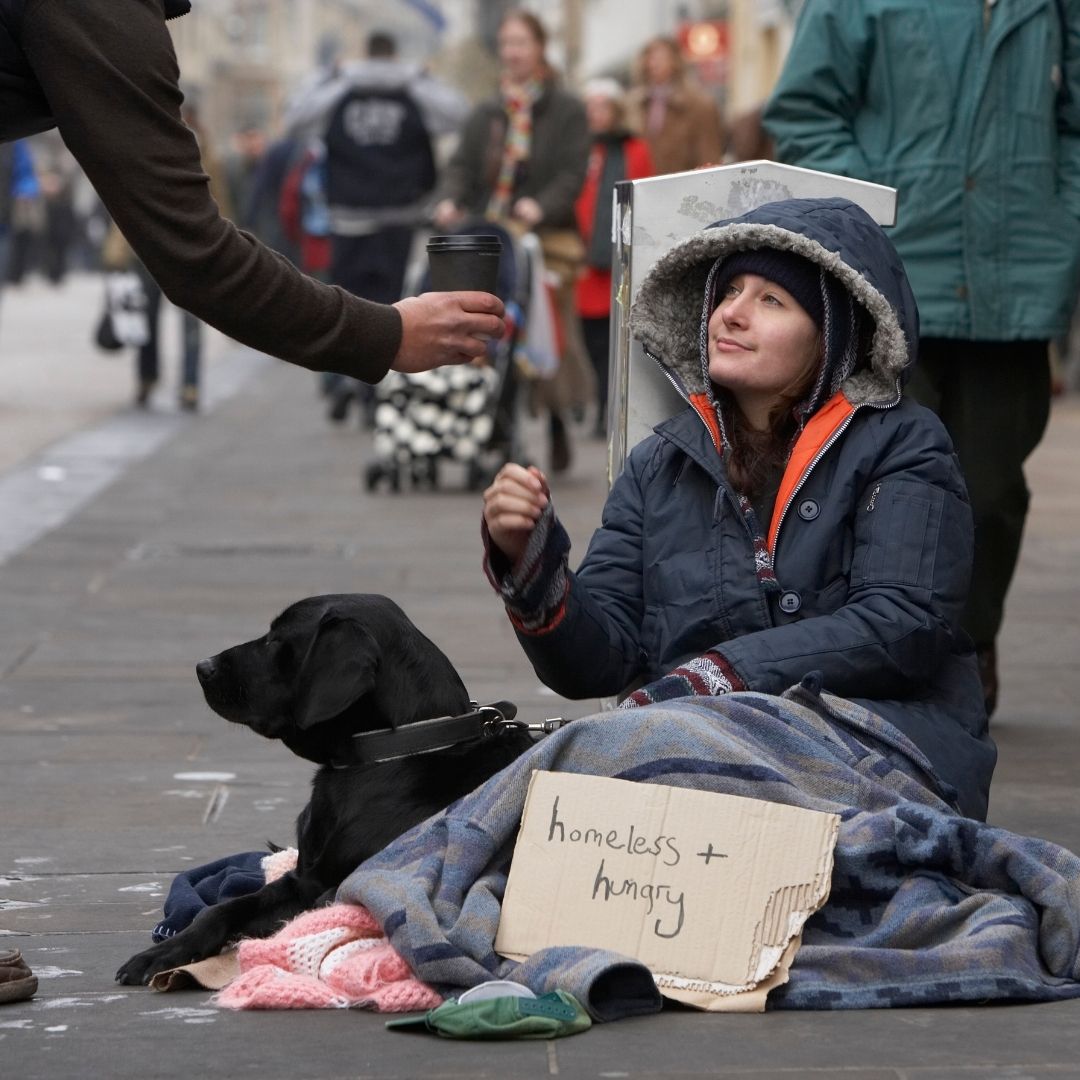
Join us for the webinar An introduction to LGBTIQ youth homelessness and the role of LGBTIQ organisations on 27 September 2019 at 13.00 CEST.
LGBTIQ homelessness is a much under addressed issue in the European and Central-Asian region, a reality that needs to change.
As part of our intersectionality work and in an effort to address socio-economic inequalities and their impact on LGBTIQ people, ILGA-Europe are increasingly engaging around the issue, and more specifically on LGBTIQ youth homelessness.
By partnering with key actors in the sector and creating spaces for peer learning and exchange, we want to raise awareness, increase our collective knowledge and ultimately explore potential avenues for responses from the LGBTIQ movement.
During this webinar we will hear from three partners and friends of ILGA-Europe: FEANTSA, European Federation of National Organisations Working with the Homeless; Ljubljana Pride Association, active at the grassroots level in Slovenia specifically on youth LGBTIQ homelessness; and True Colors United, US based organisation implementing innovative solutions to youth homelessness that focus on the unique experiences of LGBTIQ young people.
What does the issue look like? What are challenges around service provision and what can LGBTIQ organisations and groups do? What are pressing needs and what are examples of tools, resources and strategies available?
Our guests will touch upon these elements to provide an introduction to LGBTIQ youth homelessness and to reflect on what role LGBTIQ organisations and groups can play.
Registration
Registration is now closed.
Presenters
Simona Mursec is the President of Ljubljana Pride Association since 2015. In her 20 year long career as an activist, youth political representative, human rights education trainer and facilitator of policy processes she has worked with numerous international and interregional institutions and NGOs from all over the globe. She is a fierce human rights advocate and practitioner and her main fields of interest are rights of minorities and marginalised groups, youth and youth policy processes, social inclusion and antiracism work. Ljubljana Pride Association has developed into a strong intersectional and anti-racist organisation under her auspices and leadership. Simona is currently employed at WeMove Europe, a European multi-issue online campaigning organisation, where she works as their finance manager.
Robbie Stakelum works for FEANTSA, the EU Umbrella Group of Homeless Organisations, and leads on their work on LGBTIQ & youth homelessness, where he also coordinates a network of young professionals working towards the eradication of youth homelessness in Europe. He is a Course Director with the Council of Europe delivering the upcoming 5 day course on LGBTIQ homelessness in Budapest and also works as a professional and life coach.
Gregory Lewis – A longtime advocate for lesbian, gay, bisexual, transgender, queer, and questioning (LGBTQ) equity, Gregory Lewis worked with Cyndi Lauper to launch True Colors United in 2008 and has served as its executive director since its founding. Under Gregory’s leadership, True Colors United has grown into the leading national organization implementing innovative solutions to address youth homelessness by focusing on the unique experiences of LGBTQ youth. Gregory built the organization from the ground up, creating the infrastructure and development streams critical to its success. Gregory also served as an inaugural co-chair for four years of A Way Home America, a national initiative to build the movement to prevent and end homelessness among young people in the United States.
Watch a recording of the webinar
Gathering for D/deaf and disabled LGBTI activists and LGBTI and disability rights activists
Apply now to participate in the Gathering for D/deaf and disabled LGBTI activists and LGBTI and disability rights activists in Europe and Central Asia.
D/deaf and disabled LGBTI people face specific barriers and challenges when accessing human rights. Accessibility and inclusiveness have more and more been part of LGBTI groups and organizations’ conversations and practices. Yet most D/deaf and disabled LGBTI people continue to be marginalized in LGBTI movements across Europe and Central Asia. Many D/deaf and disabled LGBTI people have strongly advocated for spaces and agendas within LGBTI or disability rights movements that are more inclusive of them and of their experiences. Some have started their own groups or organized events to better cater to their community and its needs.
As part of our work on movement building and intersectionality, ILGA-Europe is inviting you to apply to participate in the Gathering for D/deaf and disabled LGBTI activists in Europe and Central Asia, to be held on 21 – 24 November 2019 in Brussels.
This meeting will be a space for D/deaf and disabled LGBTI activists and LGBTI and disability rights activists in the region to take stock of the various forms of D/deaf and disabled LGBTI activism. It aims to provide a space for activists to jointly think about possible ways forward when it comes to movement building.
For the time-being we still are struggling with limited resources, but we are committed to make the best use of them to ensure that this meeting is fully accessible to those who will participate. This meeting also plays an important part of our own learning.
At this event, you will:
- Meet other D/deaf and disabled LGBTI activists and LGBTI and disability rights activists in Europe and Central Asia, who are active at grassroots, regional, national or international levels;
- Share your experiences working as a D/deaf and disabled LGBTI activist or LGBTI and disability rights activist;
- Understand more of the contexts the other participants work in, including key issues and strategies that activists use;
- Exchange and pull together knowledge, tools and practices to support and strengthen D/deaf and disabled LGBTI people, communities and movements;
- Map existing gaps, needs and resources within the D/deaf and disabled LGBTI movements with regard to movement building;
- Participate in a joint thinking process regarding potential avenues for movement building at the regional level.
The meeting will be held in English.
ILGA-Europe will cover travel, meals and accommodation costs for the duration of the meeting (from the evening of 21 November, to the morning of 24 November).
ILGA-Europe will provide support in the best possible way and work to meet accessibility requirements within the scope of our capacity and resources.
Scroll down for more information on the event and practical details below.
Do not hesitate to contact us via email at valeria@ilga-europe.org or by calling 0032 2 609 56 52 (Valeria’s number at ILGA-Europe):
- If you have doubts or questions related to this event.
- If you need support to finalize your application or if applying in writing doesn’t work for you.
- If you will not be able to apply or travel to Brussels but you would still like to be involved in or informed about this event.
What will the workshop cover?
The meeting will aim to provide a safe space where participants are encouraged to share their own experiences and hear from the experiences of others. It will combine peer exchange in bigger and smaller groups, informal discussion sessions on movement building, priorities, needs and potential ways forward. The program of the workshop will be based on participants’ contributions and expectations.
The meeting will be held in English.
Who should come?
You are strongly encouraged to apply if
- You identify as a D/deaf and disabled and LGBTI person/activist or LGBTI and disability rights activists;
- You are an individual activist or part of a group or organization in Europe and Central Asia;
- You have experience in relevant human rights advocacy or policy work, or in delivering services to D/deaf and disabled LGBTI people;
- You are able to participate for the full duration of the training;
- You communicate effectively in English or sign language.
We also encourage non-disabled LGBTI activists to apply if they work on LGBTI and disability rights.
Selection criteria
The selection will be based on the:
- Relevance of your work in relation to the experiences of D/deaf and disabled LGBTI people;
- Ability to share information about the experiences of D/deaf and disabled LGBTI people in your local or country context and/or at the regional level;
- Desire to participate in a strategic discussion on movement building within the context of LGBTI/disability rights;
- Cooperation or intention to build alliances with other activists in the region.
Practical details
Date and Place of the Training
Date: 21-24 November 2019
Place: Brussels, Belgium
Arrival: 21 November, Thursday
Departure: 24 November, Sunday
Travel reimbursement
ILGA-Europe will reimburse travel costs after participants attend the full meeting. When the selection process is concluded, participants that are selected to attend the meeting need to make their own travel arrangements.
Participants should look for the cheapest mode of transport available (economy class airfare or 2nd class train), that takes into account needs accessibility and reasonable adjustments, as previously agreed on by ILGA-Europe. If travel costs are more than € 250, participants should let ILGA-Europe know and wait for ILGA-Europe approval before the booking/purchase of the ticket. Local travel (buses, trains, etc.) will be covered through a per diem provided at the training.
If you are not able to pay for your travel costs and be reimbursed later, you should indicate that in the application form.
Meals and accommodation
ILGA-Europe will cover costs for the accommodation and meals from the evening of 21 November to the morning of 24 November. During the meeting lunches are usually provided by ILGA-Europe. For meals that we don’t provide directly we provide pocket money. Any other costs, relating to meals and accommodation outside of these times, will have to be covered by the participant unless previously agreed with ILGA-Europe.
Accessibility
We are committed to ensuring that the meeting is accessible to all participants.
Please state your accessibility and reasonable adjustment needs in the application form. Please mention in particular if you require travel and accommodation reimbursement for a Personal Assistant; if you require sign language interpretation or if you require the support of a palantypist (speech to text captioning); and if you are not able to make your own travel arrangements.
ILGA-Europe will provide support in the best possible way and work to meet accessibility requirements within the scope of our capacity and resources.
Application process
Applications closed.
The language D/deaf and disabled people reflects the terms used in the publication Nathan Gale, (2017) “Oppression Squared: D/deaf and disabled trans experiences in Europe” Transgender Europe. See here: https://tgeu.org/wp-content/uploads/2018/02/Oppression-Squared.pdf
Such language was used by the group of experts gathered under that project and is informed by their experiences and extensive activism across Europe. We decided to refer to this language for this event. However, as stated in the publication “it is important to note the variety of terms that are used by D/deaf and disabled people to describe their experiences and to acknowledge that there is not always agreement on the language used”. We hope that this will not discourage potential applicants. Do reach out in case you have questions or doubts.
* This meeting is funded by the European Union’s Rights, Equality and Citizenship Programme (2014-2020).
ILGA-Europe announces fifth European Equality Gala
Next Thursday 27 June 2019 marks the European Equality Gala’s fifth birthday
The biggest fundraising party for the LGBTI movement in Europe and Central Asia will be held in a new venue at AREA 42 in Brussels, with all proceeds going directly towards ILGA-Europe’s work defending LGBTI rights across the region.
Gala guests can expect tunes spinning from DJ Azo, Syrian buffet from culinary NGO We Exist and free bubbly to kick off the evening.
The European Equality Raffle also see lucky winners claim prizes including:
- tickets to Cher’s Here We Go Again world tour, generously provided by Live Nation Belgium
- an original painting by New York City-based artist Andres Palacios
- an Amsterdam Pride weekend hotel package for two, generously provided by Meininger Hotels
- a package of coaching sessions to help you unlock and maximise your potential and performance, generously provided by Colloquium Coaching
“Across Europe and Central Asia, LGBTI activists are making change happen – from influencing policy-makers to providing services to the community from organising Prides to responding to crises,” says Executive Director Evelyne Paradis. “This is your chance to fuel the movement, to help us continue our crucial work and to meet just some of the many activists, advocators and political leaders shaping the future of LGBTI equality.”
The European Equality Gala has also received a number of flattering and inspiring comments from notable returning guests:
“My favourite EU event of the year, with everyone smiling for a good cause – what’s not to love?”
– Ryan Heath, Political Editor at POLITICO Europe
“For me, it’s an opportunity to connect with fellow supporters of equality.”
Catherine Naughton, Director of the European Disability Forum
“We continue to face backlash on LGBTI rights despite efforts for equality being made in Europe and across the world. This is why strong, well-resourced civil society is key to making equality, social justice and an inclusive Europe a reality for all.”
Piotr Sadowski, President of Social Platform
“Supporting human rights, freedom and diversity in the most glittery and excited night of the year in Brussels. What could be better?”
Terry Reintke, Member of the European Parliament
Register now for ILGA-Europe’s first webinar of the European elections series
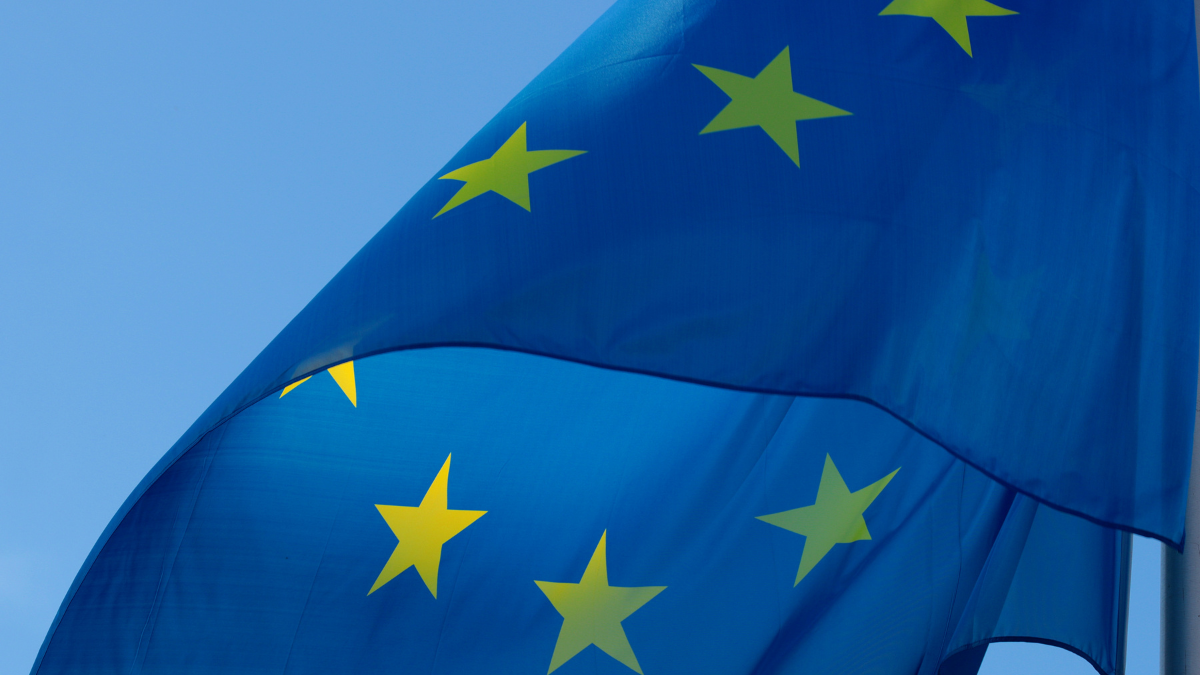
The European Elections are approaching at a fast pace, and our campaign activities are picking up speed!
In February, ILGA-Europe launched the ComeOut campaign with the No Hate Appeal completing the campaign package. More than 100 candidates from 15 countries have already pledged to Come Out for human rights and LGBTI equality.
Now we are announcing the European elections series of webinars providing tools, inspirations and good practices to support LGBTI organisations’ work around elections.
On 5 April, ILGA-Europe will kick off the series with an interactive webinar on campaigning, agenda setting and alliance building for LGBTI activists focused on EU elections. We will look into the experience of activists around Europe and discuss strategies for reaching out to candidates, building alliances and for putting LGBTI rights on the agenda!
You will hear from activists from KPH (Poland), ILGA Portugal and COC Netherlands
The webinar will take place on Friday 5 April 2019 from 11.00 to 12.30 CEST (Central European Summer Time).
REGISTRATIONS CLOSED
For more information on our campaign and to get involved, follow our hashtag #ComeOut4EU
Webinar: Funding for LGBTI Activism in Europe and Central Asia: Comparing the Priorities of LGBTI Organisations and Funders

ILGA-Europe are organising a lunch webinar for activists to discuss the findings of the new report that compares the needs of activists with the priorities of funders. The report was commissioned by ILGA-Europe and the Global Philanthropy Project and was recently launched. The webinar will take place on Tuesday, 5 March from 12.30-13.30 CET.
Our new report, Funding for LGBTI Activism in Europe and Central Asia: Comparing the Priorities of LGBTI Organisations and Funders, provides a compelling challenge to assumptions about the funding landscape in Europe and Central Asia, with new data and recommendations for resourcing LGBTI movements at the forefront of progress and the frontlines of resistance.
The report shows that the most important strategies identified by activists are poorly funded. These strategies include countering populist and right-wing movements, providing emergency support and supporting LGBTI communities.
Registration closed
- Read more about the new report here.
- This new report compares the key findings from ILGA Europe’s 2018 Funding for LGBTI Activism in Europe and Central Asia: Priorities and Access to Resources report with an analysis of European and Central Asian grantmaking data from the 2015-2016 Global Resources Report:? Philanthropic and Government Support for Lesbian, Gay, Bisexual, Transgender, and Intersex Communities.
Interactive webinar: Message framing for legal gender recognition based on self-determination
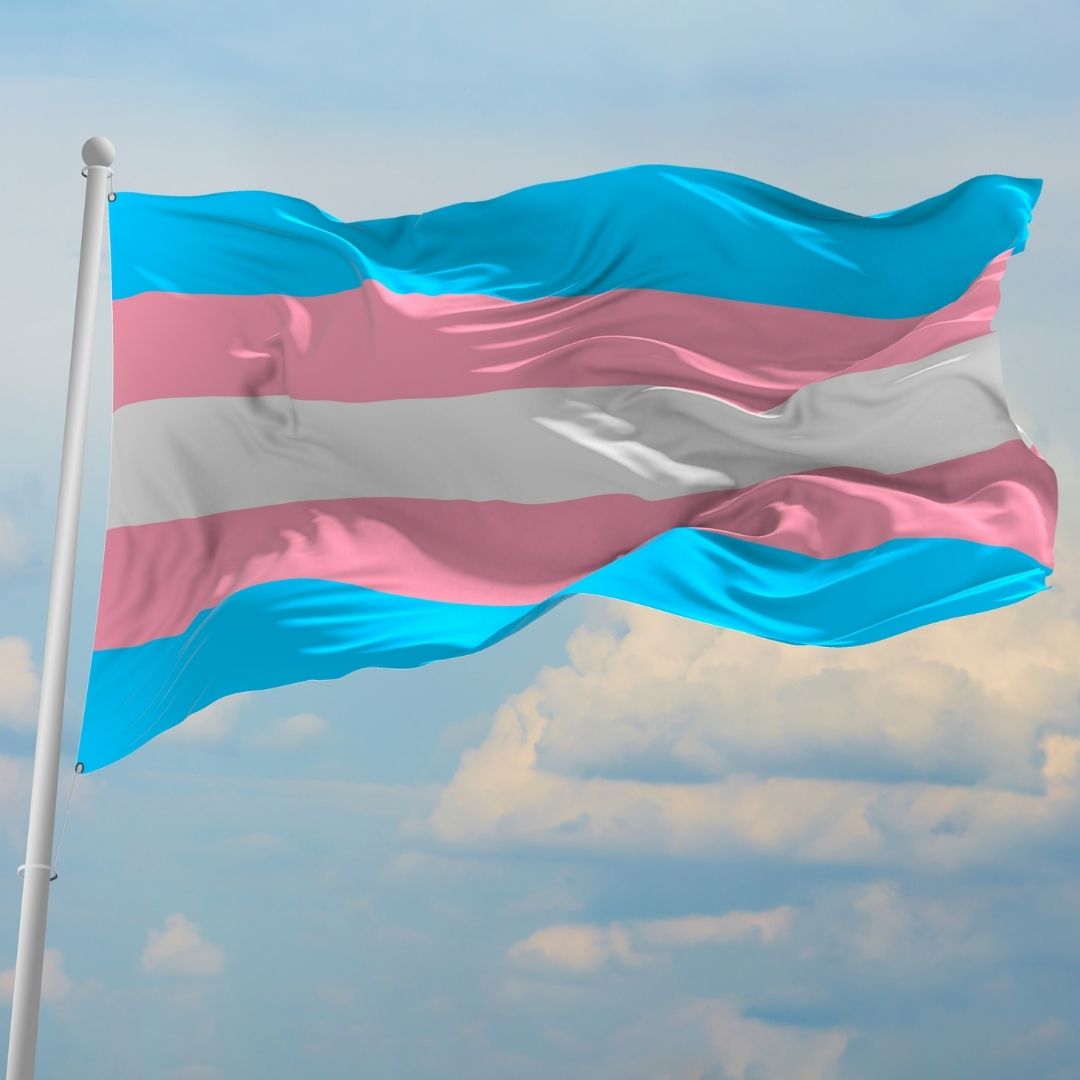
Are you campaigning for legal gender recognition in your country? Discover how to talk about self-determination with policy-makers, media, allies and community members.
ILGA-Europe will host an interactive webinar on message framing for LGBTI activists and allies working on legal gender recognition based on self-determination. We will look into the experience of activists around the globe and put into practice the framing techniques we explored in the previous webinars of the strategic communication series.
You will hear from Mauro Cabral Grinspan, Executive Director of GATE; Sarah Phillips, Chair of TENI; Richard Koehler, Senior Policy Officer at TGEU, and Viktor Heumann, Director of Trans*parent.
Registration closed
The webinar will take place on 11 September 2018 from 17 to 18.30 CEST (Central European Summer Time).
Webinar: How to test your communications
Register to attend the interactive webinar on “How to test your communications: tools and experiences from the LGBTI movement”. The webinar will take place on 29 June 2018 from 11 to 12.30 CEST.
LGA-Europe will host an interactive webinar on message testing for LGBTI activists and allies.
Register now to attend the webinar “How to test your communications: tools and experiences from the LGBTI movement”. The webinar will take place on 29 June 2018 from 11 to 12.30 CEST (Central European Summer Time).
Registration closed
We will look into how to choose your methodology, find the right sample and do testing with small budget. But first and foremost we will discuss how testing can make our messages successful and can help us determine the direction of our campaigns. Best practices of testing will also be presented together with very practical recommendations on how to – and not to – test your messages LGBTI equality.
You will hear from Bec Sanderson, researcher at the Public Interest Research Centre (PIRC, UK), which has partnered with ILGA-Europe in developing the Framing Equality Toolkit and the Testing Guide recently published. Simon Maljevac, LGBT activist and politician (Slovenia), Raffaele Boiano and Daniela Ferrazza, respectively co-founder and researcher at the user experience design agency Fifth Beat (Italy).
ILGA-Europe announce 2018 European Equality Gala and Auction

Fourth European Equality Gala moves to a new exciting venue in Brussels and introduces a special silent auction.
On 27 June ILGA-Europe will hold the fourth European Equality Gala, the biggest fundraising party for LGBTI movement in Europe and Central Asia. This year the event will be held in a new venue, the Centre for Fine Arts BOZAR in Brussels, and will once again feature entertainment, inspiring speeches and of course champagne. Profit from the gala event goes directly towards supporting the work of ILGA-Europe.
Tickets are no longer on sale.
Okeanide, the bearded queen from #Lithuwhateverania will be the host for the evening. And model and activist, Munroe Bergdorf (pictured above) will be will be performing a special guest DJ set.
The European Equality Auction is a brand new feature of the event. The silent auction is open to supporters of LGBTI equality everywhere, not just limited to gala guests. All profits of the auction go directly towards supporting the important work of ILGA-Europe and the LGBTI movement in Europe and Central Asia.
Webinars for activists: Funding for LGBTI Activism
We are happy to invite you to the upcoming webinars on the Funding for LGBTI Activism in Europe and Central Asia – Priorities and Access to Resources!
We invite LGBTI activists working in Europe and Central Asia to join us in a series of webinars to discuss the findings.
1. Community Organising – Why is it a Priority? Monday 4 June at 16.00 CEST (Duration: 1hr)
We will talk with activists about why community organising is such a critical activity in these times. It appears that this activity is often underfunded and we would like to discuss why this is the case and what can be done about that. Note that this webinar is for activists only. Registrations closed.
2. Fighting opposition – what does it entail? Thursday 7 June at 16.00 CEST (Duration: 1hr)
We will talk with activists about how they fight opposition. What are effective strategies and what is the role that funders can play in supporting this? We want to discuss how funders can contribute to this important work. Note that this webinar is for activists only. Registrations closed.
Want to read the report?
Interested in our findings? Please click here to access a copy of the report.
Register now for the webinar: Framing Equality
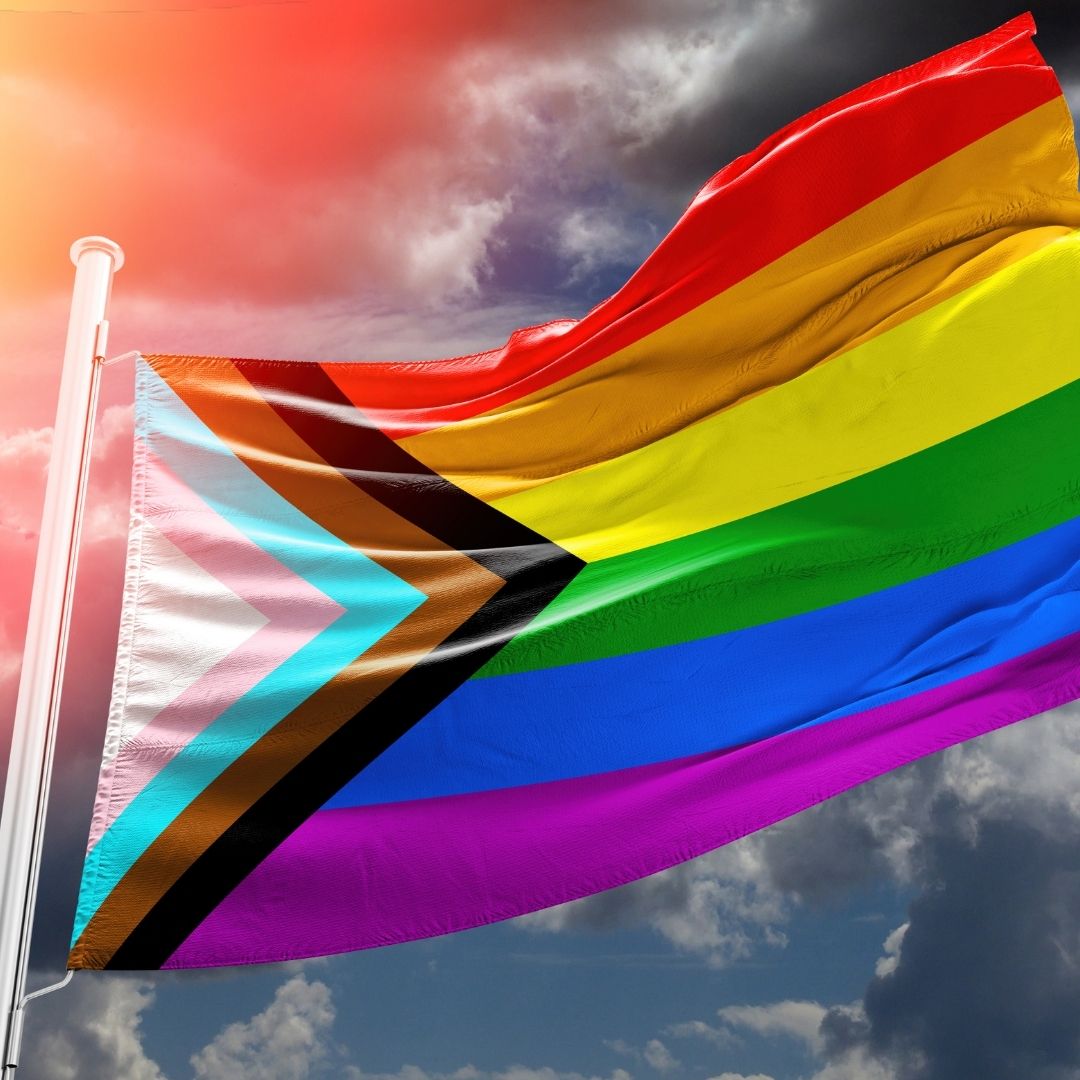
ILGA-Europe will host a webinar on framing messages for LGBTI equality on 22 may at 11:00 CEST.
Our societies are built on stories. By understanding framing, activists can craft their communications to create sustainable social change.
ILGA-Europe will host a webinar on framing messages for LGBTI equality. We will look into how to clarify our vision and goals when approaching strategic communication and how to better understand our audiences in order to be able to develop effective messages. Best practices of campaigns will also be presented together with very practical recommendations on how to – and not to – frame LGBTI equality.
You will hear from Bec Sanderson, researcher at the Public Interest Research Centre (PIRC, UK), which has partnered with ILGA-Europe in developing the Framing Equality Toolkit and the Testing Guide recently published; Katarzyna Remin, Social Change Team Manager at Campaign Against Homophobia (Poland); and Anastasia Danilova, Executive Director at GENDERDOC-M (Moldova).
Registration closed
This is the second of a series of webinars on strategic communications to be hosted by ILGA-Europe. Save the date of our final webinar in the series:
How to test your communications: tools and experiences from the LGBTI movement, on 29 June 2018 from 11 to 12.30 CEST
Check our website to know about ILGA-Europe’s work on strategic communication and our most recent publications.
